You often buy things to lift your mood, but have you ever wondered why? Emotional shopping is more psychological than practical. So let’s learn more about it!
How to tackle a tendency toward emotional shopping.
In a globalized market, we are daily faced with a great variety of products and services that are meticulously planned and proficiently marketed to us, having an emotional influence on our brain centres and activating a desire to acquire them.
All of us want to experience the thrill of intense positive emotions that will raise the generation of our happy hormones which will eventually ensure the experience of such positive emotions as excitement, happiness, joy, glee, delight, hilarity, or amusement.
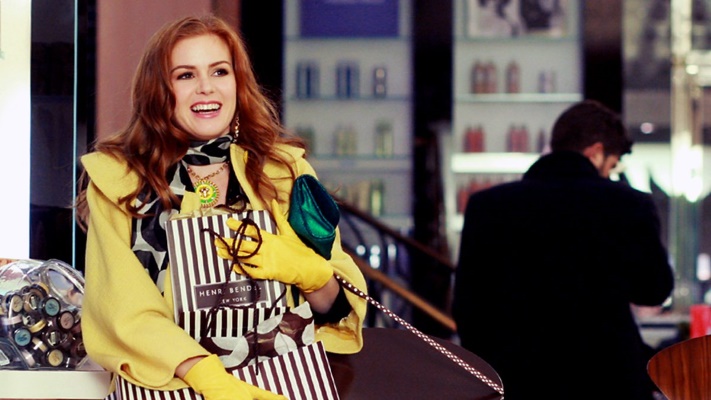
For this very reason, we may indulge in something called emotional shopping, which has the intention of ensuring happy emotions but brings with it some pitfalls and difficulties that are important to consider to limit its potentially negative effects on our psychology.
Read More Here: Is Lifestyle Creep Sneaking Up on You? 2 Key Signs to Reassess Your Spending Habits
What Is Emotional Shopping?
Emotional shopping refers to shopping behaviour and consumption of goods under a high emotion of excitement, without taking the time to really think about it and weigh whether it is a good bargain.
The catch is that we firmly believe that the spent money and acquired objects will guarantee the experience of positive emotions in us. Yet, when the bank transcript arrives at the end of the month, we might feel discouraged and even experience such negative emotions as sadness as well as annoyance and irritation with ourselves.
Here are some strategies that marketers use; the more we know about them, the better we can identify marketing tricks and refrain from emotional shopping, instead shopping rationally for what we really need:
1. The anchoring bias. This occurs when we rely heavily on the first piece of information we receive, or the “anchor,” (e.g. the former price) even when subsequent information becomes available.
For example, if you go to a car dealer, a salesperson might first propose a car to you that costs a great deal of money and only after that suggest to you another, less expensive option. In this case, over-relying on the price of the first car, you might be increasingly persuaded to acquire the second option, even if its price is not as low as it perhaps should be.
2. The loss aversion bias. This is a cognitive bias in which the emotional impact of a loss is felt more intensely than the joy of an equivalent gain.
For example, when you lose 20 dollars and then gain 20 dollars, when you experience the loss you might experience a much stronger pain than the experience of the joy from gaining the same amount. For many of us, the pain of losing is psychologically twice as powerful as the pleasure of gaining.
3. The confirmation bias. This is the tendency to search for, interpret, favor, and recall information in a way that confirms or supports our prior beliefs or values. This can be detected, for instance, in someone using yes/no questions to find a number they suspect to be the number 3: They might ask, “Is it an odd number?”
People prefer this type of question, called a “positive test,” even when a negative test such as “Is it an even number?” would yield exactly the same information. A prime example is when we try to rationalize our purchases, falling victim to the bias through confirmation mechanisms like emotional investment.
If we take into consideration the above and reflect on our choices and marketers’ strategies, we will be more likely to reduce the drastic effects of emotional shopping that can really cause mental harm to us if not recognized and addressed appropriately.
How To Stop Emotional Shopping Behavior
There are some strategies to tackle emotional shopping and cope up with it in real time:
- If you are very much infatuated by a certain product and really recognize that the acquisition of it will bring you joy, go for it.
- But if you are infatuated only by a product’s reduced price, logically analyze whether you would still have been willing to pay the full price for it. In case of a yes, go for it, but in case you’re really only attracted by the price , it’s probably better not to make the purchase.
- Make a budget that you can stick to. This way, you can rationally control impulses generated by external triggers and shop in accordance with the budget you’ve dedicated to your shopping experiences.
Be mindful, be rationally emotional, be informed, and shop well, in accordance with your needs.
Read More Here: Self-Love and Shopping: The Cultural Impact of Singles Day Worldwide
For more insights, follow https://www.linkedin.com/in/dr-phil-anna-maria-rostomyan-95b16783/
Dr. Anna Rostomyan is a Professor, Researcher, EQ coach, Speaker, Reviewer, Editor, Translator and an international Author of 7 books and over 50 publications worldwide with a readership of over 100 nationalities.
Written by Dr. Anna Rostomyan
Originally appeared on: Psychology Today





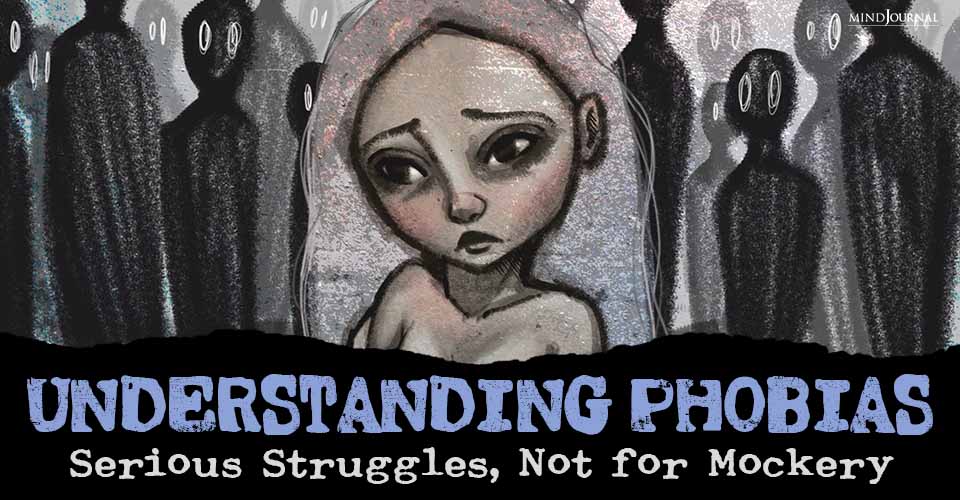

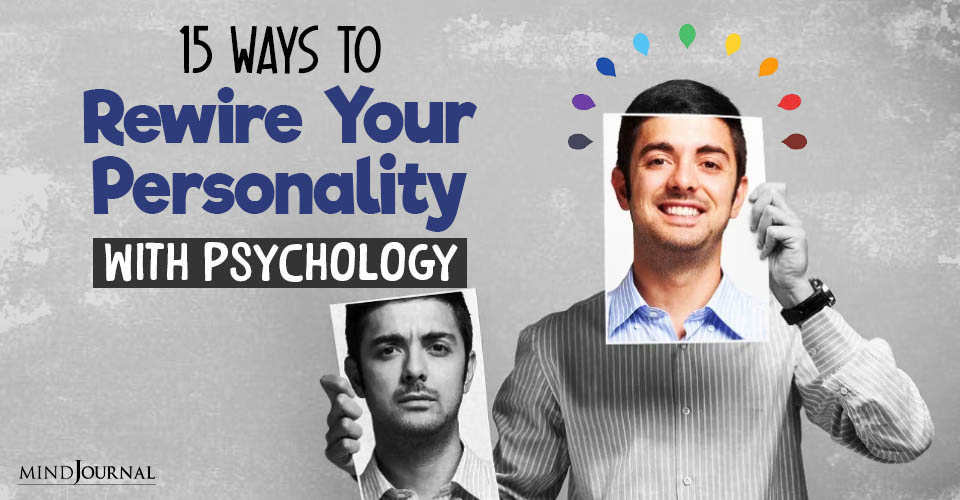
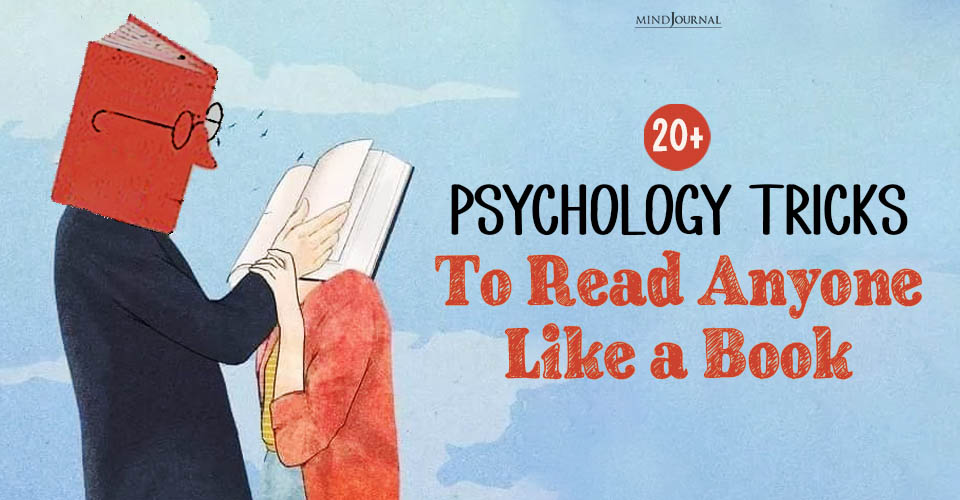
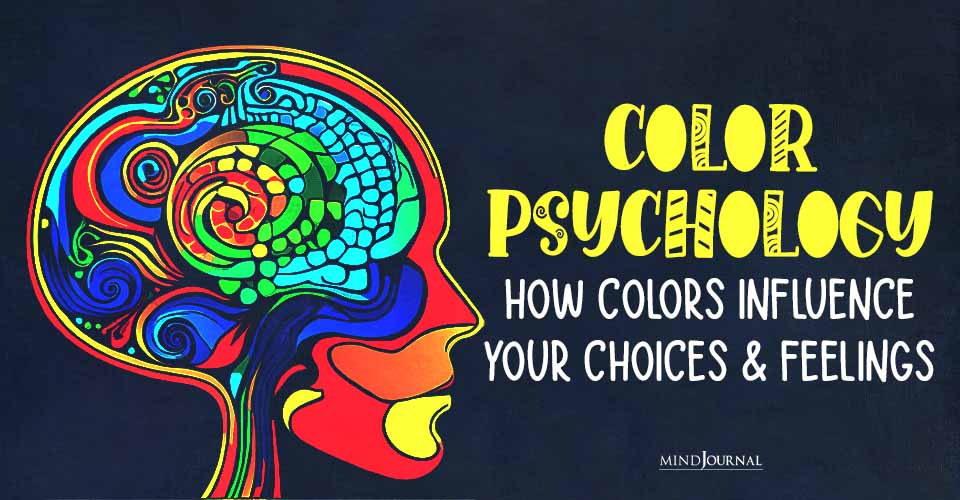
Leave a Reply